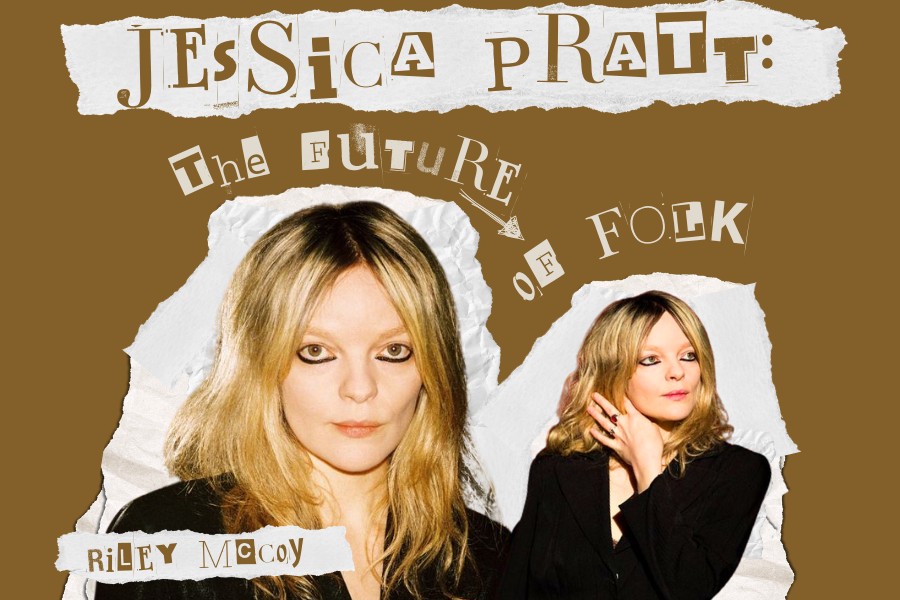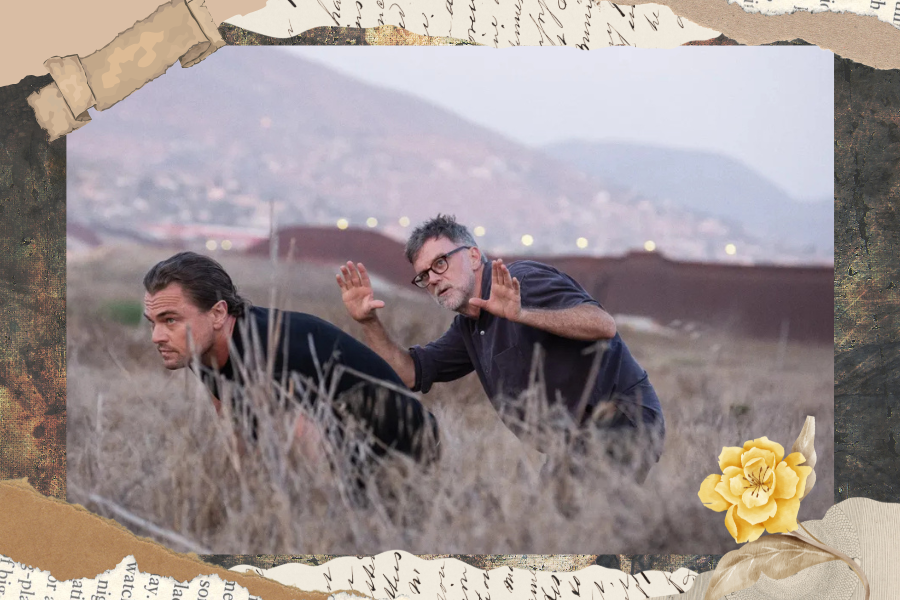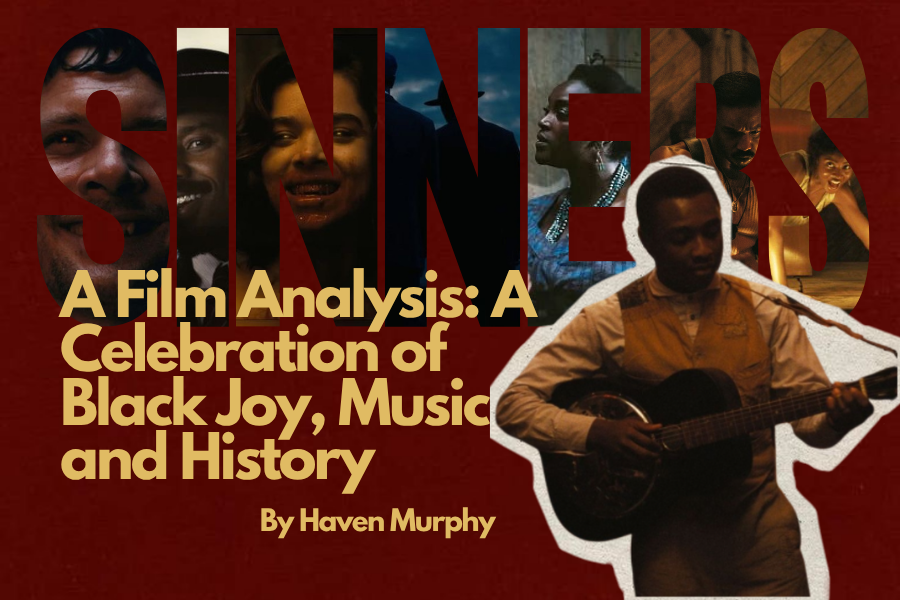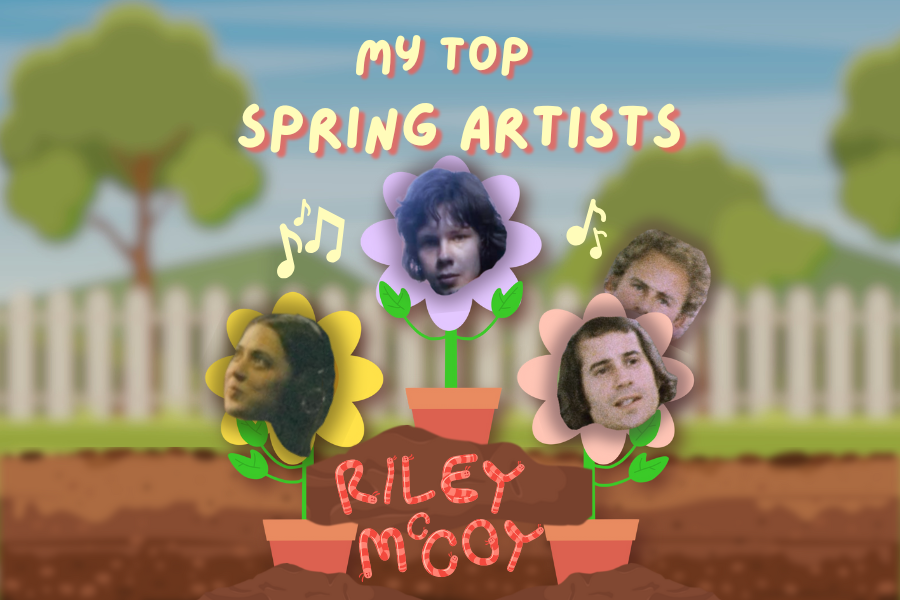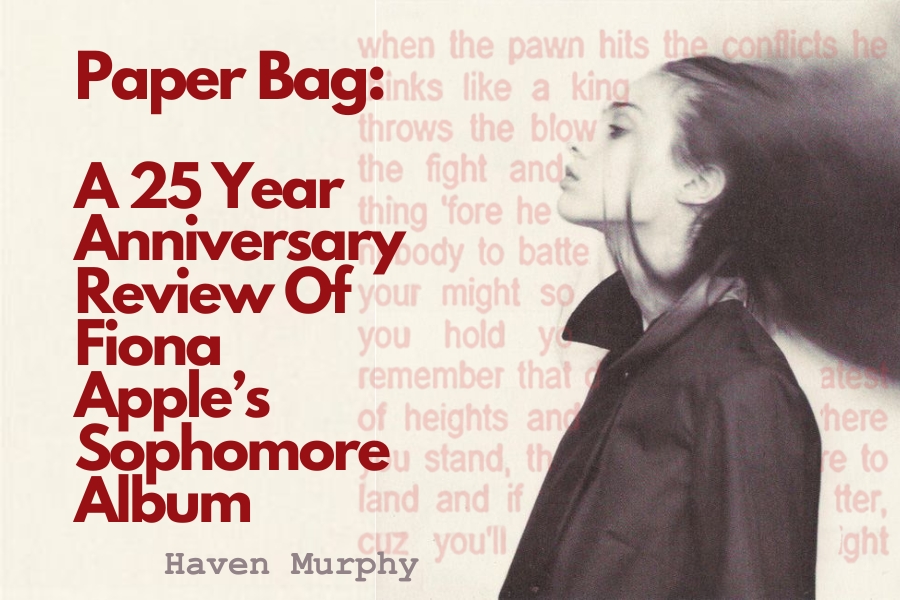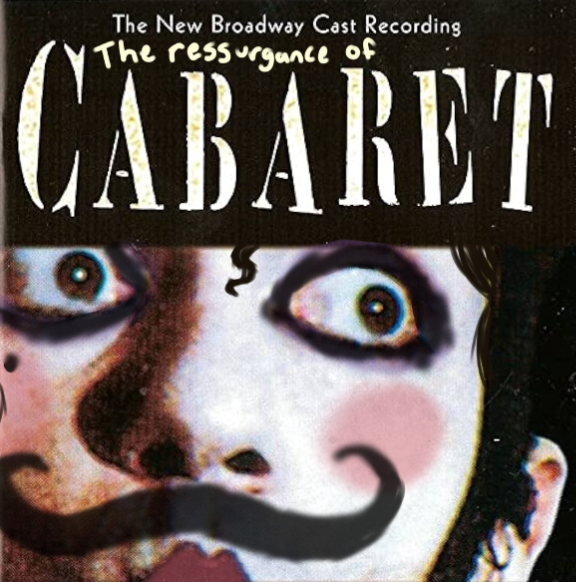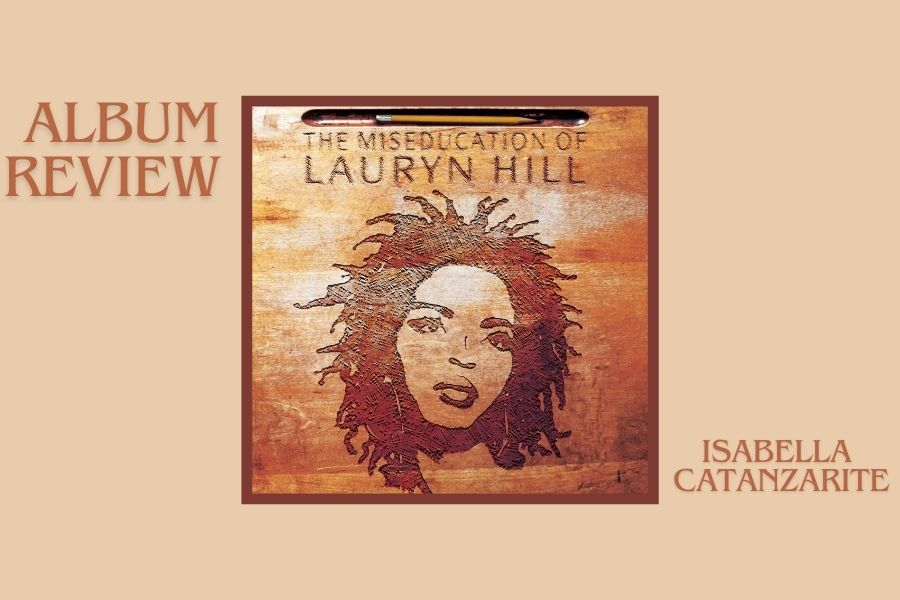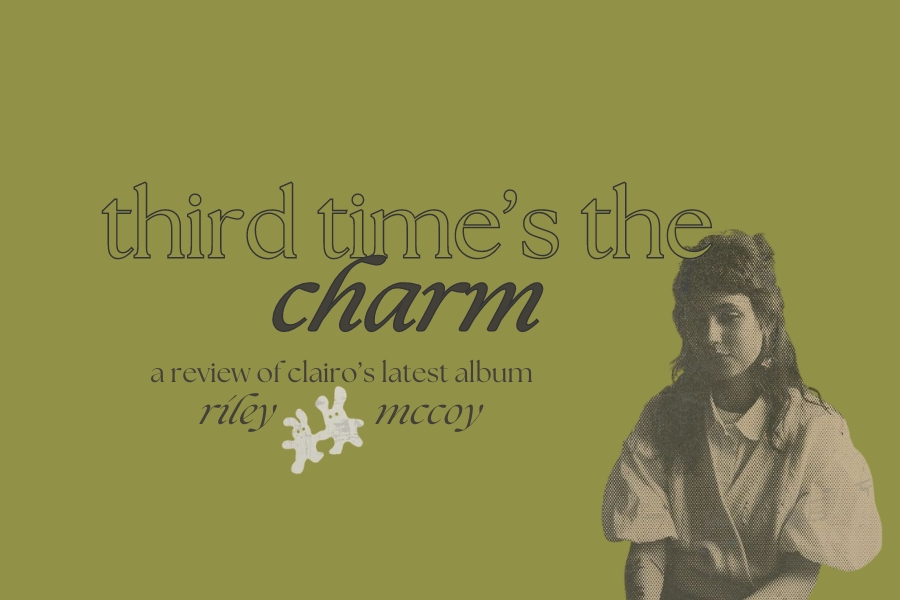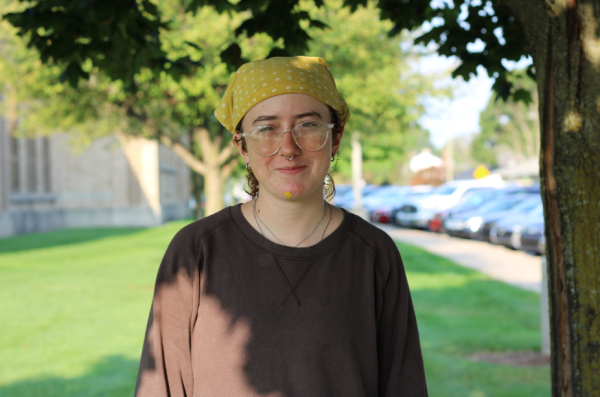Contemporary folk is a genre that’s quite malleable to artists and their individual perceptions of its musicality. One artist in particular that takes advantage of this tensile genre is Jessica Pratt, a modern “freak” folk¹ singer-songwriter based in Los Angeles, California. Jessica Pratt is easily identified by her whimsical vocals and timeless acoustic melodies. She has, arguably, one of the most distinguishable and soulfully eerie voices of the century, though the qualities of which are seldom recognized. With just under 2 million monthly streamers, she sits comfortably in a space only those with tailored tastes find time to discover; while that number of streamers is undoubtedly a forceful statement of success, her talents still lay hidden.
Pratt’s discography begins in 2012 with her self-titled debut “Jessica Pratt”, offering 11 songs to her unseen artistry. The album actually didn’t happen all-too intentionally- the songs were pre-recorded as early as 2007 and were thrown together as her debut. Her first intentional work, following the death of her mother, was Pratt’s sophomore album “On Your Own Love Again.” Released in 2015, it cemented her outstanding individuality and versatility in both lyricism and musicianship. She then went on to release her third album “Quiet Signs” in 2019; this record’s vocal showcase is comparable to the allure of 1960’s Joni Mitchell² and Nico³, and most prominently defined her aged sound and style. After a 5-year hiatus, “Here in the Pitch”, her fourth work, was released just this past May. With 14 years of venturing into the deepest chambers of folk, she once again transcends past any expectation of a contemporary folk artist and delves into an almost hypnagogic⁴ state of songwriting. Experimenting with hypnotic melodies and reverberating guitar effects, she only furthers her ascendance from modern musical ideas while still firmly holding roots to 1960’s staples.
I went to see Jessica Pratt in Chicago’s Bohemian National Cemetery (yes, it was in a cemetery!), and it was one of the most ethereal experiences of my life. Her openers Rosali and Rose City Band set the tone immediately, weaving amped-up jams with introspective lyricism. Everyone attending seemed to host a communal desire to embrace the musicality of the night; many (including myself) were just laying in the grass, fully taking in the waves of talent on stage. Once it was fittingly pitch-black outside, a full moon lighting the small cemetery, Jessica Pratt made her way onto the stage. Surrounded by a thin fog and blue lights, she began to strum away almost immediately, and the audience transcended from Chicago to wherever her songwriting wanted us to be. She was ghostly- a phantom, a spectral. I’ve never seen anything like it, and hearing her voice in-person altered the way I understand live music today. My takeaway was simply this: Jessica Pratt is unequivocally herself, and her one-of-a-kind vocals and vulnerability in lyricism are formative for the future of folk.
¹ sub-genre of folk music which uses mainly acoustic instrumentation, but introduces elements of avant-garde and psychedelic influences, often featuring uncommon sounds, lyrical themes, and vocal styles (Category:Freak folk – Wikipedia)
² Canadian-American singer-songwriter, multi-instrumentalist, and painter
³ German singer, songwriter, actress, and model
⁴ relating to the state immediately before falling asleep


